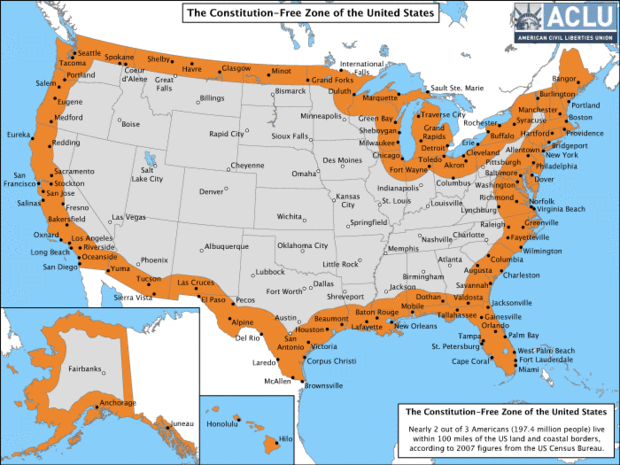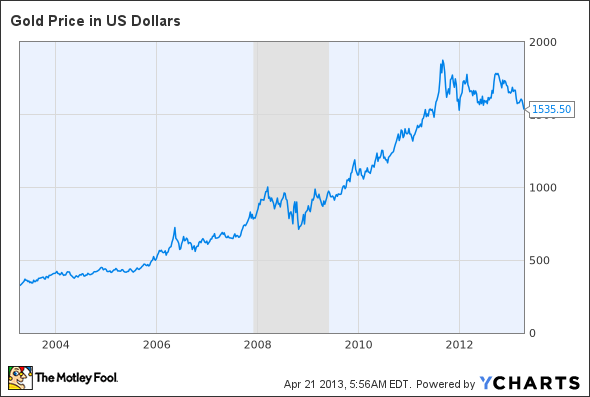President Obama may soon have to come to grips with what it means to issue a “red line” to a foreign government.
On Tuesday, Israeli military officials said they have evidence and are “nearly 100 percent certain” that forces of Syria‘s Bashar al-Assad regime have used chemical weapons – a step Mr. Obama said would be a game changer for the US in its policies toward Syria and the civil war raging there. Last August, Obama declared that any use or even “moving around” of Syria’s substantial chemical weapons stockpile would constitute a “red line” for the US – any crossing of which “would change my calculus … change my equation.”
With the closest US ally in the region now asserting that chemical weapons have been used, Obama will come under more pressure to demonstrate – possibly through the use of American force – that his “red line” was not a hollow threat, US foreign policy analysts say.
“If you make a flat statement like that and you don’t follow it up, then you undermine your credibility,” says Lawrence Korb, a former Pentagon official who is now a national security analyst at the Center for American Progress (CAP) in Washington.
Obama has been reluctant to deepen US involvement in the Syria war, limiting US assistance to food and supplies for refugees and internally displaced Syrian civilians, and to nonlethal material for the rebel fighters the US supports. But use of chemical weapons by Mr. Assad’s forces could prompt a more interventionist approach, some analysts say: for example, direct measures by US forces to destroy or safeguard Assad’s chemical weapons. Obama could also cite a crossed red line as justification for arming the rebels or taking other, more robust measures to protect Syrian civilians.
—
Click below for the full article. What do you think about foreign aid to other nations or aiding them in wars? Do you think it is constitutional or ethical for the United States to police the world?
http://www.csmonitor.com/USA/2013/0423/Could-chemical-weapons-in-Syria-force-Obama-s-hand










